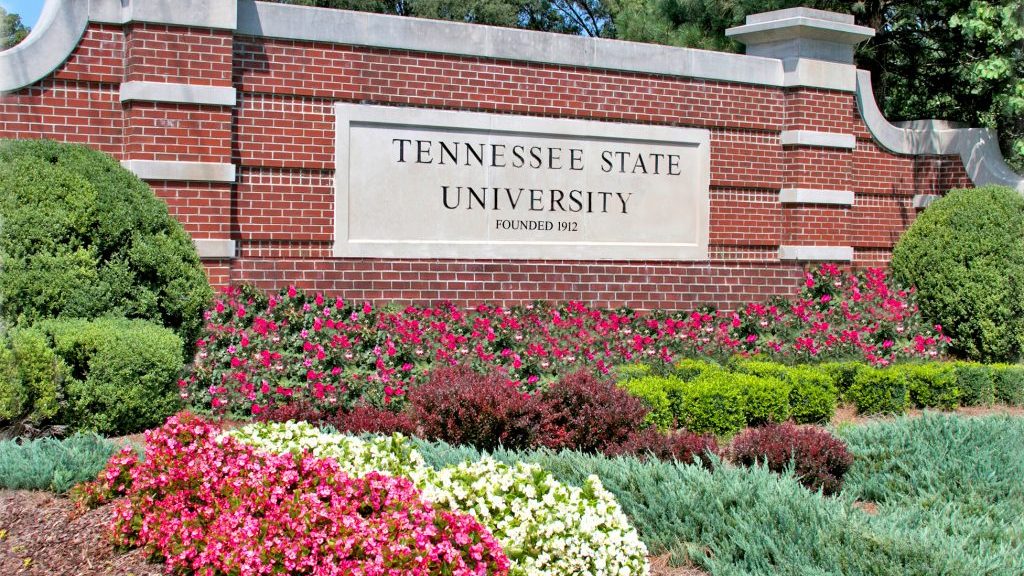NASHVILLE, Tenn. (TSU News Service)– Tennessee State University could be due more than a half-billion dollars because of years of unpaid land-grant matches by the state. A joint legislative committee that met Monday to discuss the issue said the university could receive up to $544 million, dating back to the 1950s.
“We are pleased with the findings of the land-grant study committee and excited about the possibilities of what this means for the University,” said TSU President Glenda Glover. “TSU will be made stronger and more vibrant, which benefits all of Tennessee.”
State Rep. Harold Love, Jr., a TSU alum, is chairman of the joint committee. It was under his leadership that the probe began with the goal of having the state calculate how much money was not given in accordance with the land grant and then try to make up for it.
“Today’s meeting was a very crucial step in the committee’s work to investigate the funding arrearage amount for Tennessee State University,” said Love. “It is my hope that we can put a plan in place to address this in the very near future.”
TSU and the University of Tennessee Knoxville are the two land-grant institutions in Tennessee and have agricultural programs that are funded largely by the federal government. The land-grant designation comes with the stipulation that the state would also match a yearly monetary grant from the federal government. In TSU’s case, the state did not match the funds dollar-for-dollar for decades.
“This is not TSU versus UT, instead this is about rectifying a problem that has existed and persisted for decades where TSU, as an HBCU, did not receive funding from the state as directed by state and federal law,” added Glover. “Unfortunately, somewhere in the process our funding was channeled to other areas instead of coming to the university, while UT, the state’s other land grant institution received their funding and much more.”
President Glover recalled a comment that was made to “let bygones be bygones” and said that cannot stand.
“It’s never too late to do what’s right,” she said. “We’ve had students leave due to lack of funds, TSU was prevented from implementing innovative programs to be more competitive in recruiting, and not to mention the cost of lost opportunity.”
The committee is scheduled to continue meeting to determine the amount TSU will receive and how it will be dispersed.
Department of Media Relations
Tennessee State University
3500 John Merritt Boulevard
Nashville, Tennessee 37209
615.963.5331
About Tennessee State University
Founded in 1912, Tennessee State University is Nashville’s only public university, and is a premier, historically black university and land-grant institution offering 39 bachelor’s degree programs, 24 master’s degree programs, and eight doctoral degrees. TSU is a comprehensive research intensive institution with a R-2 Carnegie designation, and has a graduate school on its downtown Avon Williams Campus, along with the Otis Floyd Nursery Research Center in McMinnville, Tennessee. With a commitment to excellence, Tennessee State University provides students with a quality education in a nurturing and innovative environment that prepares them as alumni to be global leaders in every facet of society. Visit the University online at tnstate.edu.




